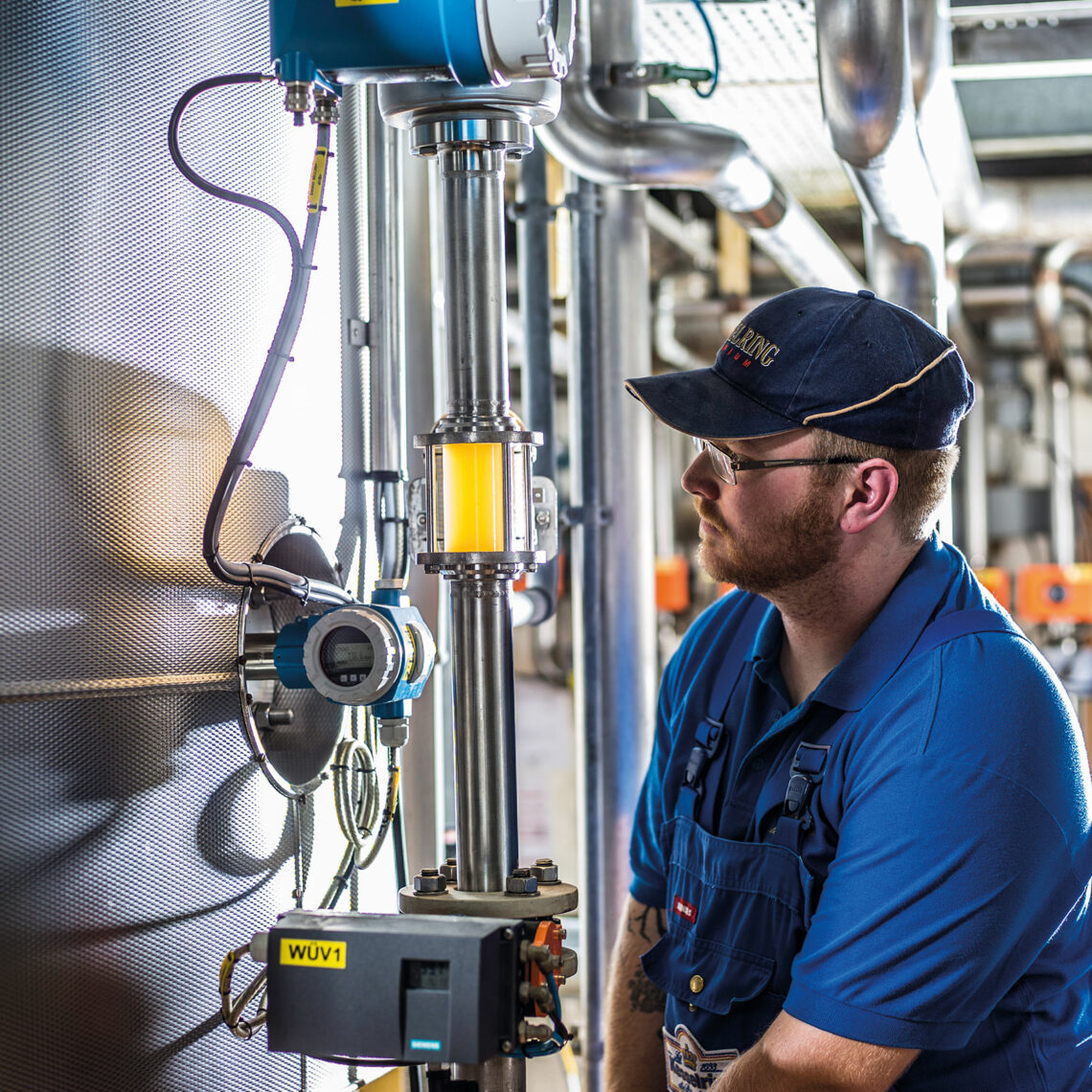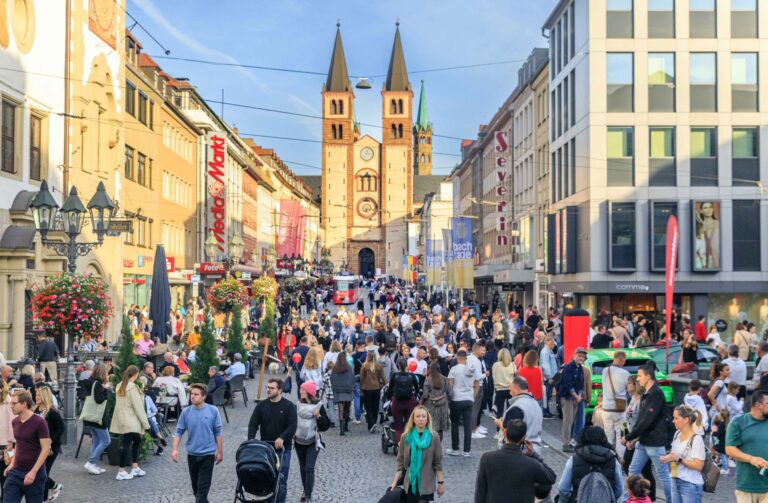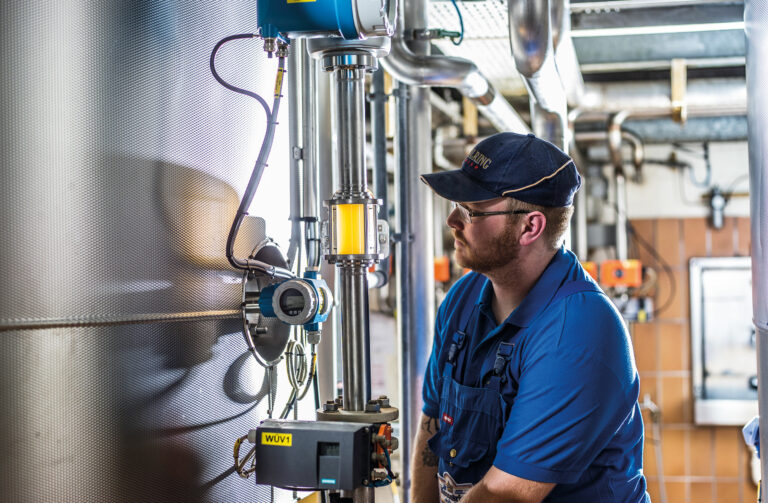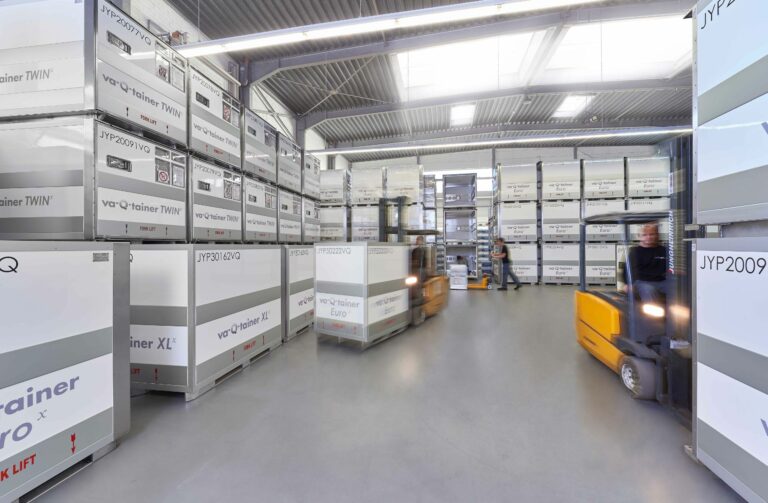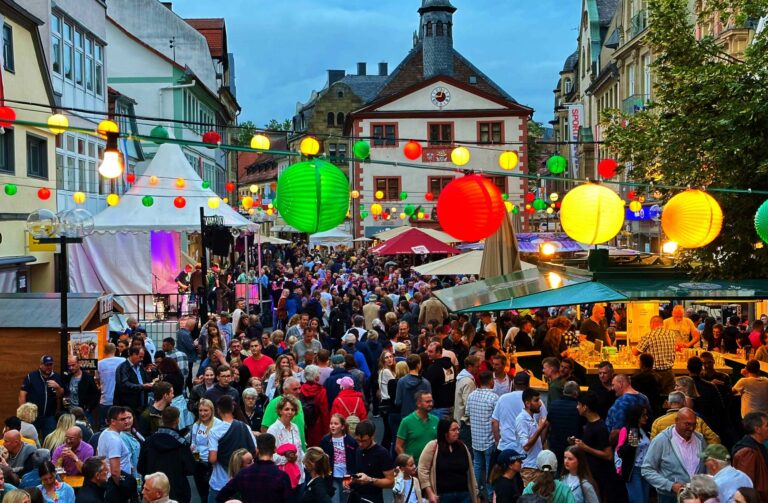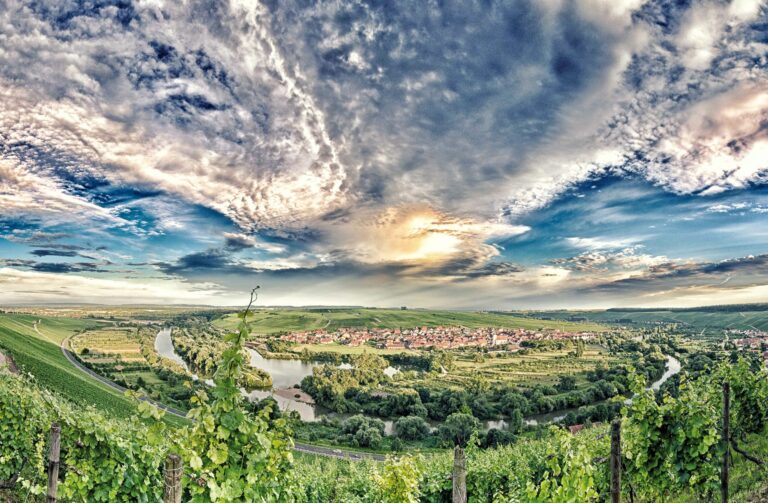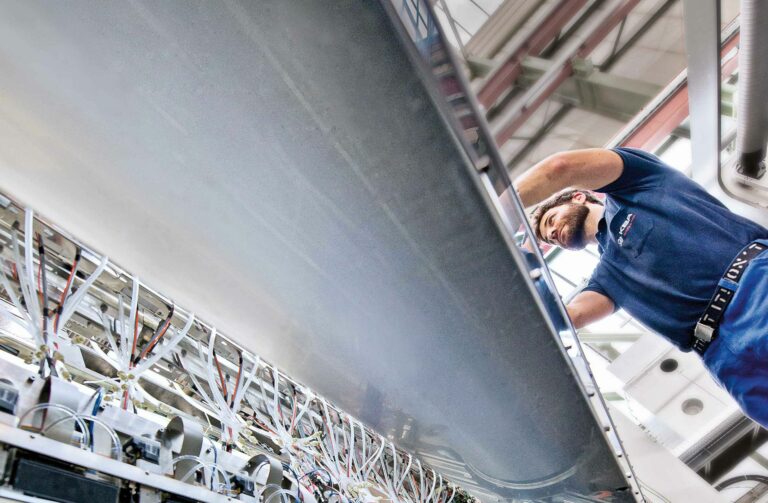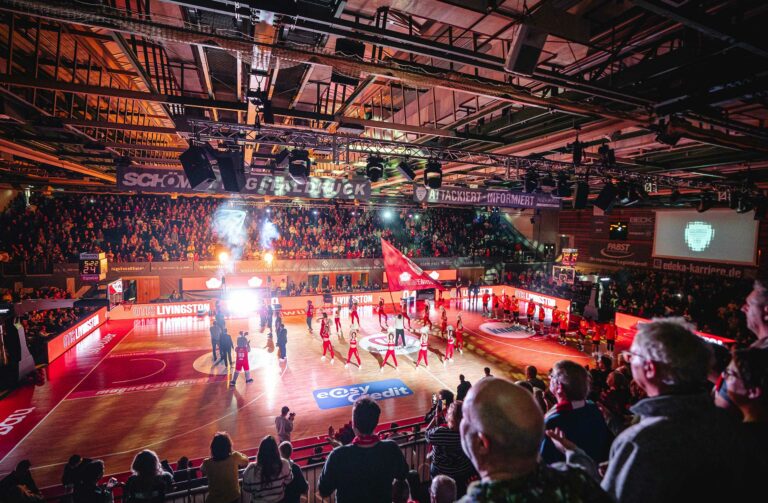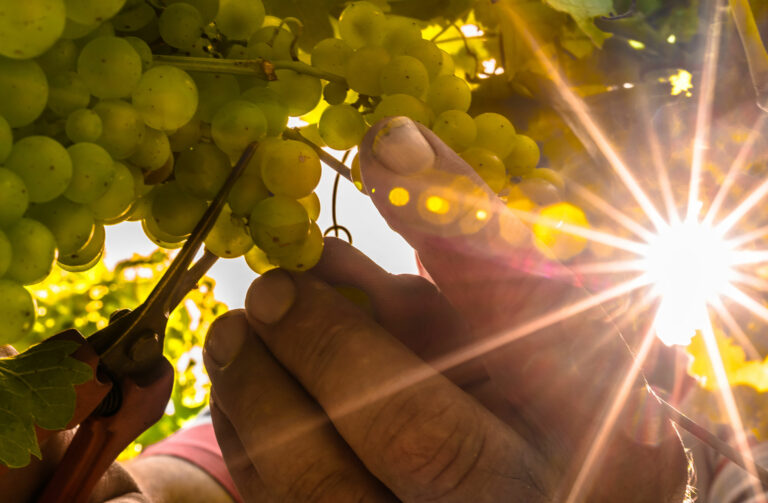Diversity of beers in Main Franconia
Originally, Main Franconia was mostly associated with wine in the minds of many people, often dubbed “Weinfranken” (“wine Franconia”) But that has changed, as the region is also known for its rich brewing culture. According to various sources, there are around 300 breweries in Franconia alone. In the shadow of the well-known “top dogs”, such as Hofbräu in Würzburg, many small and medium-sized breweries, but also a few smaller ones, have been able to establish themselves with an unconventional concept.
Here you will find breweries that offer a wide range of different barley juices, but also breweries that produce only a few hectolitres of beer per year. Some of these companies have a certain cult following thanks to their different and very unusual types of beer, with most of them religiously adhering to, but some intentionally breaking away from the Reinheitsgebot, the old German law laying down regulations on what beer may be made of. The scene is very diverse. In addition to “normal” breweries, there are also micro-breweries, such as the Goldene Gans in Würzburg, and also a few craft breweries.
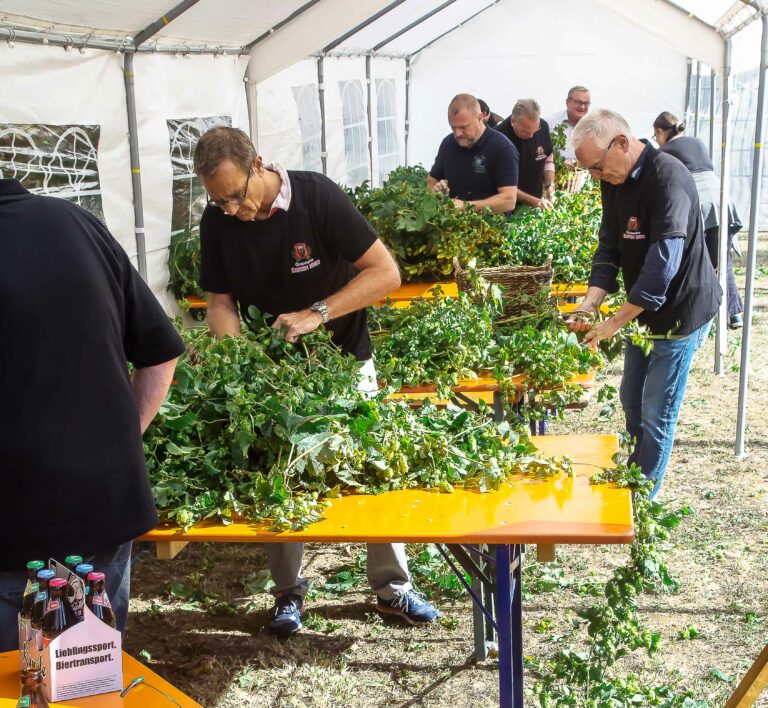
Individual brewing concepts in Main Franconia
Craft breweries originated in North America. It is used to describe brewers who often started out as a one-person operation and produce their product in a very original, artisanal way – the term “craft” makes this clear. In any case, a number of brewers consciously set themselves apart from “conventional” breweries, such as the “Wir sind Rhöner Bier” (We are Rhön beer) initiative, in which ten breweries, a malt house and two farmers have joined forces against “run-of-the-mill beers”, as they say. Pax Bräu from Oberelsbach sums it up: “We are proud to be a fearless David in a desperate ocean of insipid Goliaths.” The goal of these Rhön brewers: the entire production process from the cultivation of the grain to the bottled beer takes place in the Rhön, according to the company.
Not only is Pax Bräu from Oberelsbach’s appearance deliberately non-conformist with the slogan “Lasst uns Schwerter zu Zapfhähnen schmieden!” (Let’s forge swords into taps!), but so is the taste of the many different types of beer and their production, which is far removed from the mainstream.
The beer is neither stabilised nor pasturised and therefore has a shorter shelf life. This in itself is uncommon in the industry. The brewery’s range of beers includes more than 20, mostly very unusual, varieties, twelve of which are only available in a particular month. These include, for example, “Basilkikum”, a brew incorporating a hint of basil, or “Die Jagd auf roter Oktober-Festbier”, which deliberately seeks to distinguish itself from the typical Oktoberfest beer in terms of colour and with a caramel malty flavour.
Also from the Rhön, master brewer Stephan Kowalsky from Ostheim devotes himself, in his own words, to “the high art of brewing” with “craft knowledge, cheerful dedication and likeable stubbornness”. Since 2012, the family-run private brewery called Rhönpiraten has been producing a total of eight different naturally cloudy, certified organic beers – including Pilsner, wheat beer, dark and strong beer, such as the India pale ale, which is also cold-hopped, tastes strong and bitter and features “distinctly fruity hop aromas”. The craft beer brewery offers a brewery tour with beer tasting – by the brewmaster himself, of course.
In Erbshausen on the edge of Gramschatzer Wald forest, five friends have been brewing different types of beer under the Waldschatz Bräu brand for a few years now: first a Helles (pale lager), a dark beer and seasonally what is known as a Hell-C. The “C” stands for the North American Citra hops used in this beer. It has distinctive citrus and tropical fruit aromas and gives the beer an exceptionally mild, fruity flavour. In total, the small brewery has four fermentation and storage (lagering) tanks, each with a capacity of six hectolitres. And the brewers led by Ines Sterling have come up with something special: customers interested in learning how beer is made can take a one-day brewing course in small groups and get to know the art of brewing in individual steps. You can even brew your own beer under supervision and according to your own recipe and fill it into bottles with your own label – a wonderful gift idea.
Strecks Brauhaus, a medium-sized brewery from Ostheim vor der Rhön, can call itself “Germany’s Best Brewery 2022”, having received this award, and title, from the Federal Ministry of Food and Agriculture. The competition consisted of a three-digit number of beers, which were tested by the Versuchs- und Lehranstalt für Brauerei in Berlin and the Weihenstephan University of Applied Sciences. The over 300-year-old, organic-certified brewery has been operated by the family for a period of ten generations. Since 2023, Strecks Brauhaus, with its eleven types of beer, has been owned by Hessian Beer Makers LLC, which aims to continue the tradition of the establishment.
Main Franconia Beer
Three medium-sized, independent breweries, Kauzen Bräu, Rother Bräu, and Kesselring, collaborate under the name ‚Mainfranken Bier.‘ The collective’s objective is to raise consumer awareness for local beer products and the economic importance of the brewing industry.
And rightly so, because the beer scene in Main Franconia is very diverse in terms of breweries and also the many different types of beer.
Header picture: Benjamin Kriumer, brewer at Kesselring brewery, checks the brewing process in the brewhouse. Photo: Brauerei Kesselring

